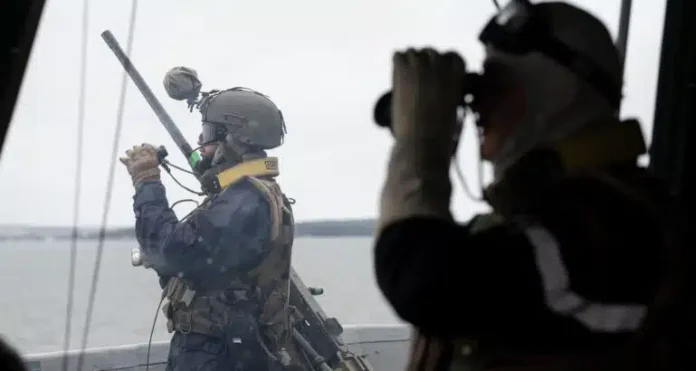By Jakub Janda and James Corera*
Weak-kneed responses to attacks on Baltic cables risk allowing the Russia-China axis to conduct free target practice against NATO critical infrastructure, promoting the two countries’ proficiency, interoperability and lethality. (The Australian Strategic Policy Institute. The Strategist.)

